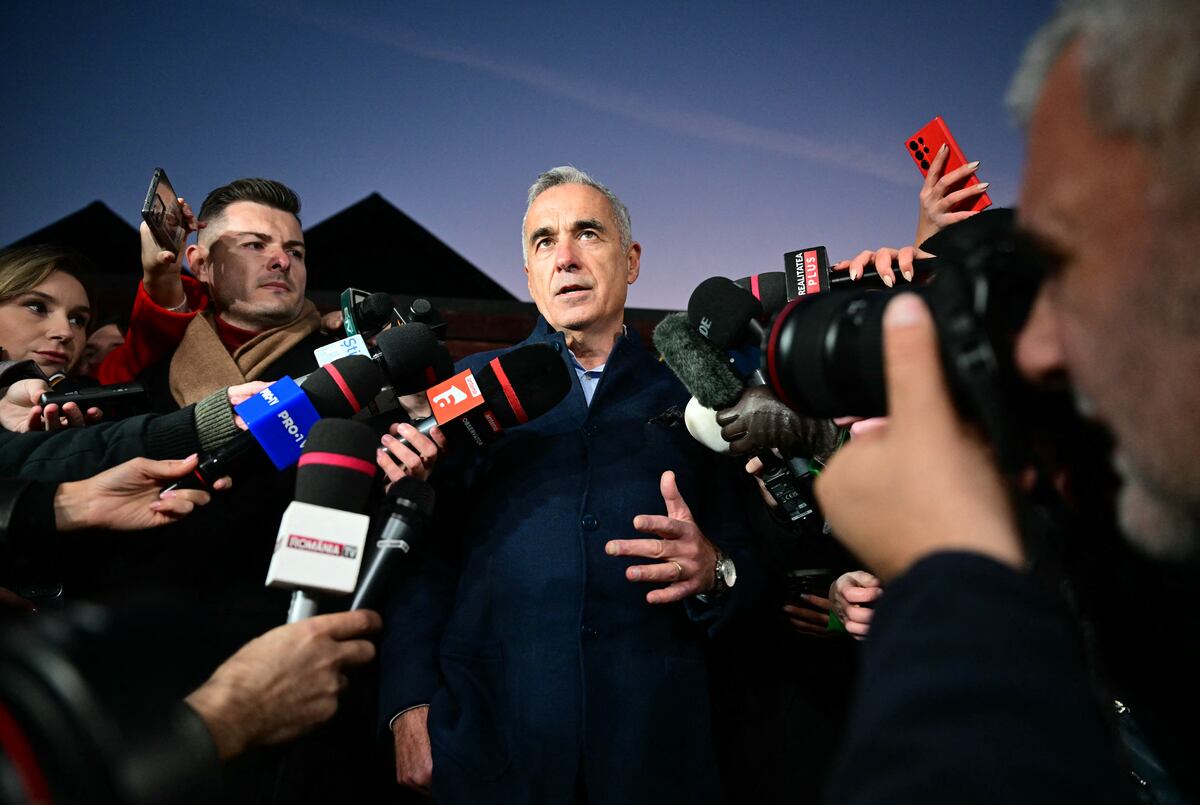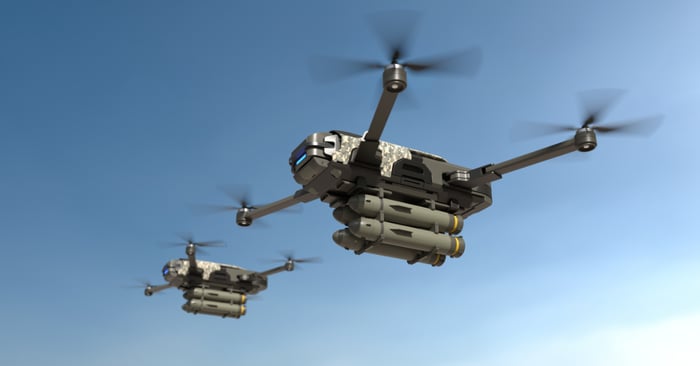The annulment of Romania's presidential election run-off, originally scheduled for Sunday, underscores a critical juncture for the nation’s geopolitical alignment. The court's decision to rerun the first round stems from alarming reports of Russian interference, which included social media manipulation and cyberattacks aimed at favoring nationalist candidate Calin Georgescu. His admiration for Vladimir Putin and threats to withdraw support for Ukraine have raised significant concerns about Romania's commitment to NATO and its strategic role on Europe’s eastern flank. As a country that has historically aligned with Western alliances, the implications of a shift in leadership could reverberate throughout the region, particularly given Romania's military contributions to NATO and its proximity to the ongoing conflict in Ukraine.
The situation reveals the resilience of Romania's democratic institutions, as experts suggest that even if Georgescu were to assume the presidency, constitutional safeguards would limit his ability to alter the country’s foreign policy drastically. The president's role in security and defense is constrained by the government’s control over foreign affairs and intelligence, with parliamentary support necessary for significant policy changes. Analysts express cautious optimism that institutional checks will prevent any radical departure from NATO commitments, despite Georgescu's ambiguous statements regarding Romania's alliances. As the nation prepares for a new election date, the outcome will be pivotal in determining Romania's trajectory within the broader context of European security and its relationship with both NATO and Russia.









